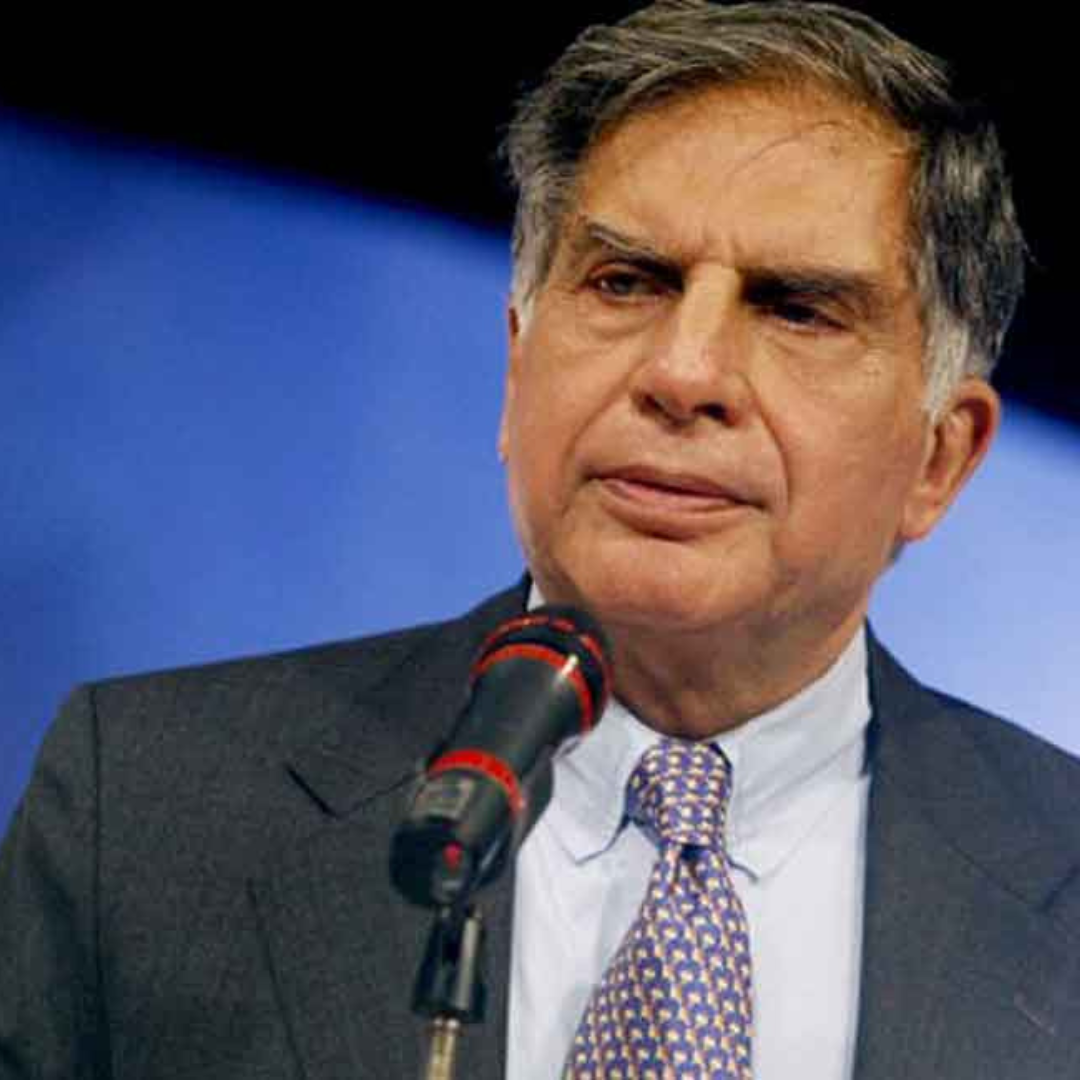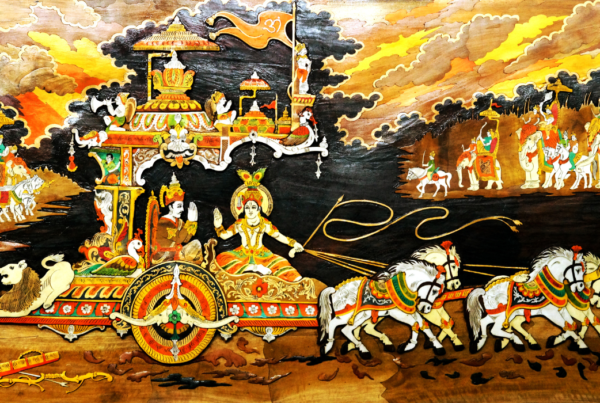Introduction:
Ratan Tata is a highly respected and renowned figure in the business world in India and globally. Born to Naval and Sooni Tata in Mumbai on December 28, 1937, Ratan Tata came into the world. His grandparents were Ratanji Tata and Navajbai Sett. As the former chairman of the Tata Group, Ratan Tata played a crucial role in establishing the company’s strong international reputation. In addition, Ratan Tata is known for his exceptional business acumen, philanthropy, and dedication to social causes. His leadership and legacy continue to inspire many aspiring businesspeople around the world.
Childhood and Early Life: Ratan Tata’s Success Story
Ratan Tata, the iconic business magnate and philanthropist has a unique family history. His father, Naval Tata, was adopted by Ratanji and Navajbai Tata and grew up in the J.N. Petit Parsi Orphanage. Ratan Tata’s grandmother, Navajbai, was a key figure in his life and a staunch supporter of his endeavors. After Ratan Tata’s parents separated when he was just ten years old, he was raised by his grandmother.
Having begun his career among blue-collar workers at the Tata Steel Division, Ratan Tata worked his way up to become the future chairman of the Tata Group. In 1971, when he took over as Director-in-Charge of the struggling National Radio & Electronics Company Limited (NELCO), he revived the company thanks to his astute leadership.
Ratan Tata modernized Tata Group after taking over in 1990 with reforms for competitiveness in the new era. As a result, his tenure saw the consolidation of all Tata companies, the acquisition of firms such as Tetley and Jaguar Land Rover, and the listing of Tata Motors on the New York Stock Exchange, significantly enhancing the company’s global visibility and reputation.
About Ratan Tata
Born: 28 December 1937, Mumbai
Organizations founded: Tata Docomo, Tata Housing Development Company, Tata Teleservices
Parents: Naval Tata, Sooni Tata
Nephew: Neville Tata
Full name: Ratan Naval Tata
Grandparents: Ratanji Tata, Navajbai Sett
Ratan Tata faced a daunting challenge when he met with Ford executives to negotiate the sale of the Tata Group’s car unit. However, despite the acquisition’s eventual failure, Tata remained committed to advancing the auto sector. Nine years later, when Ford was on the brink of bankruptcy, he seized the opportunity to purchase Jaguar Land Rover for $2 billion. This successful acquisition demonstrated Tata’s persistence and resilience in overcoming obstacles. Moreover, his leadership in assisting the victims of the 26/11 terror attacks outside the Taj Hotel underscored his capacity to face adversity with empathy and resolve.
Beginning of Ratan Tata’s Career: Ratan Tata’s Success Story
Starting in 1962, Ratan Tata began his career at the Tata Group, initially in a low-paying position at his father’s company. He became the head of a multibillion-dollar enterprise through hard work and dedication. While any member of the Tata family has the potential to lead the group, it was Ratan Tata who significantly increased their fortune. Having served as the Chairman of the Tata Group since 1991, Ratan Tata played a pivotal role in building the company’s solid global standing from a young age, owing to his remarkable business expertise. He did not succeed by chance but through relentless effort and dedication, building a prosperous empire.
Accomplishments
After leading the Tata Group for many years, Ratan Naval Tata retired in 2012 but resumed the interim chairmanship in 2017. For his contributions, the Indian government bestowed upon the industrialist the Padma Bhushan and the Padma Vibhushan, two of the highest honors.
In addition to founding the Corus Group, Ratan Tata’s significant accomplishment was expanding the Tata brand globally by acquiring companies such as Tetley Tea, Daewoo Motors’ truck-making division, and Jaguar Land Rover.
In 2004, Ratan Tata was at the helm of TCS, an IT services company, as it went public. Under his leadership, Tata Motors, the carmaker, was listed on the New York Stock Exchange. With the creation of the truly indigenous Indian brand, the Indica, followed by the Nano, his original design, Ratan Tata’s contribution to the Indian auto industry was significant. During his chairmanship, the Tata Group’s sales and net earnings more than doubled, further cementing his legacy.
Deal of Historic Proportions: Ratan Tata’s Success Story
Despite facing multiple setbacks throughout his career, Ratan Tata took a bold step and launched the Tata Indica Car in 1998. However, the car failed to garner much interest, and board members recommended selling it to Ford. Undeterred, Ratan Tata went to the Ford corporate office to discuss the deal.
The Ford Chairmen asked him how he could enter the passenger car business without any prior expertise. They also added that they were doing him a favor by buying his company. When the tables turned, and Ford faced financial difficulties, Ratan Tata approached the company to negotiate a deal.
As Ratan Tata demonstrated, leaders can drive success in business by prioritizing humanism and morality. By placing people over profits, they positively impact society and leave behind a lasting legacy. Rather than feeling discouraged, the rejection fueled his determination to prove his critics wrong. His perseverance paid off when the Tata Indica became profitable after a few years, while the struggling Ford Company unveiled two high-end vehicles, Jaguar and Land Rover.
Ratan Tata expressed his interest in acquiring Ford’s Jaguar and Land Rover businesses with determination and persistence. He instructed the Ford Chairman and committee members to visit Mumbai and finalize the deal. He successfully executed his strategic move and ultimately acquired the businesses, which many saw as a covert retaliation for the earlier setback. Ratan Tata’s diligence and expertise played a vital role in his success.
Conclusion
Ratan Tata is an iconic figure in the Indian business world. His impressive career at the Tata Group saw him rise from humble beginnings to become a multibillion-dollar enterprise’s head. Despite facing challenges and setbacks, his determination, persistence, and strategic vision propelled him to achieve historical deals, including acquiring Jaguar Land Rover. Ratan Tata’s legacy as a successful businessman and philanthropist is cemented through his contributions to the Indian automotive industry and the global expansion of the Tata’s Group.








